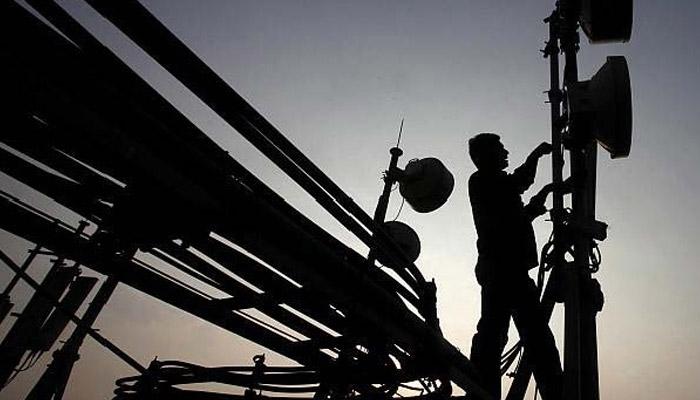GSMA wants govt to price spectrum 'reasonably'
Expressing concern over high base price for spectrum as recommended by regulator Trai, global telecom body GSM Association Tuesday said the government should keep it at "a reasonable level" to achieve the objective of Digital India.
Trending Photos
)
New Delhi: Expressing concern over high base price for spectrum as recommended by regulator TRAI, global telecom body GSM Association Tuesday said the government should keep it at "a reasonable level" to achieve the objective of Digital India.
"Setting reserve prices at reasonable levels will be key to achieving Digital India objective and allowing operators to focus their resources on building necessary infrastructure to deliver high-quality mobile services," GSM Association Chief Regulatory Officer John Giusti said in a statement.
The telecom regulator TRAI has recommended spectrum pricing for seven bands, including the premium 700 Mhz frequency at a record base price of Rs 11,485 crore for the next round of auction, which could fetch the government a staggering Rs 5.36 lakh crore.
Of the estimated amount, 700 Mhz spectrum could alone contribute over Rs 4 lakh crore if all frequencies are sold at pan-India base price of Rs 11,485 crore per Mhz - which is the highest price for any telecom radiowave.
However, the total potential revenue from the spectrum sale, which is expected to be held in May-June this year, is more than double the gross revenue of telecom services industry. Telecom service providers had a gross revenue of Rs 2.54 lakh crore in 2014-15.
"Spectrum's greatest value does not come from high sales prices, but rather from its use to expand social and economic opportunity for all of India's citizens," Giusti said.
Trai for the first time has suggested a base price for 700 MHz band, which is considered as the most efficient frequency for high-end mobile services.
Leading operators had requested the regulator to defer the sale of 700 MHz spectrum, saying the ecosystem for providing services in this band has not been developed and a sale would lead to underutilisation of the spectrum for several years.
Echoing telecom operators' concern, Giusti said India has one of the lowest average revenues per user (ARPU) across the world -- USD 2.45 at 2015-end.
"Combined with so far limited revenue contribution from data services, competitive pressure on operators' revenues and high capital expenditure to upgrade network, this makes it more challenging for operators to recover from high spectrum prices," Giusti reasoned.
High reserve prices and an unrealistic pre-determination of spectrum value, according to Giusti, could reduce the willingness of potential bidders to buy the spectrum.
"For example, in Australia, an unrealistically high reserve price resulted in a valuable portion of the 700 Mhz spectrum left unsold and unused. Unused or under-utilised spectrum benefits neither the economy nor society," Giusti added.







)
)
)
)
)
)
)
)
)
)
